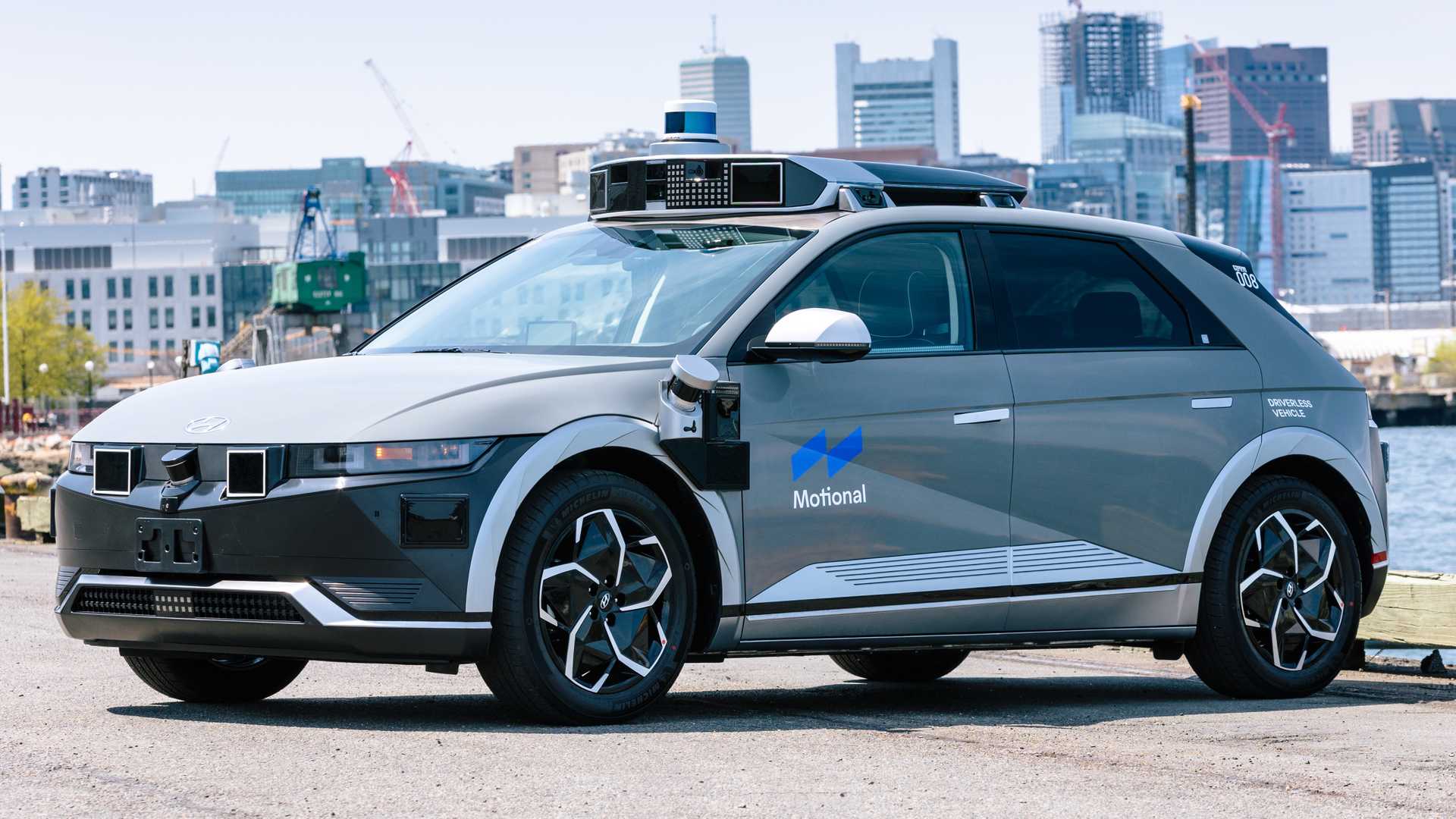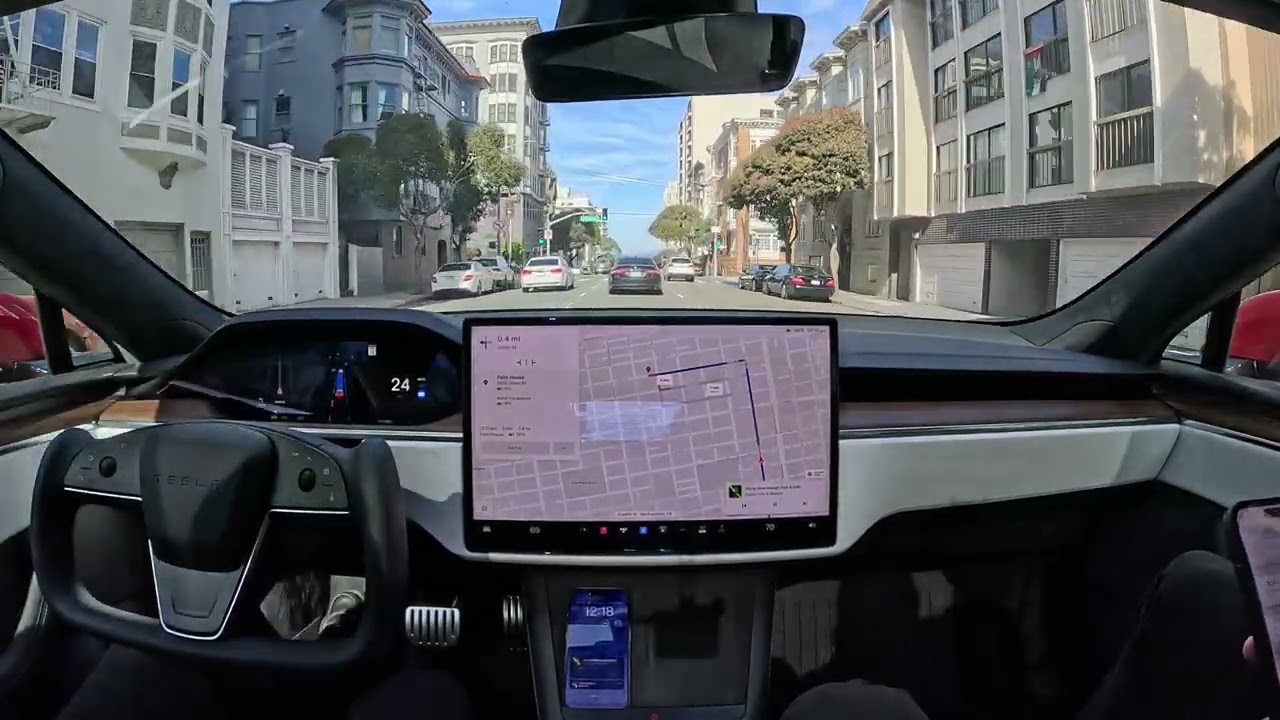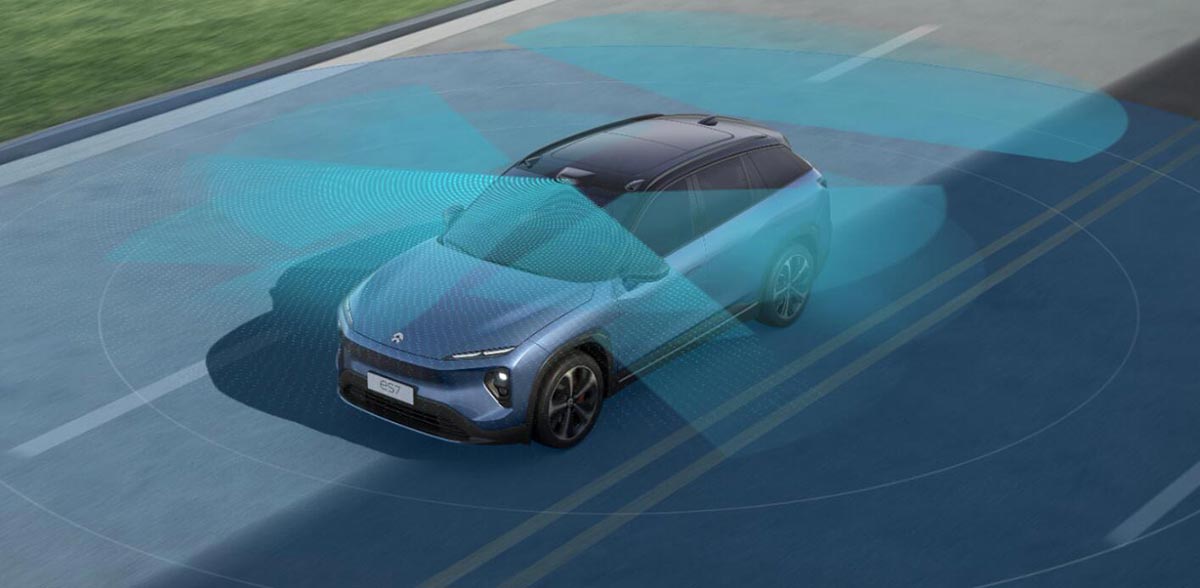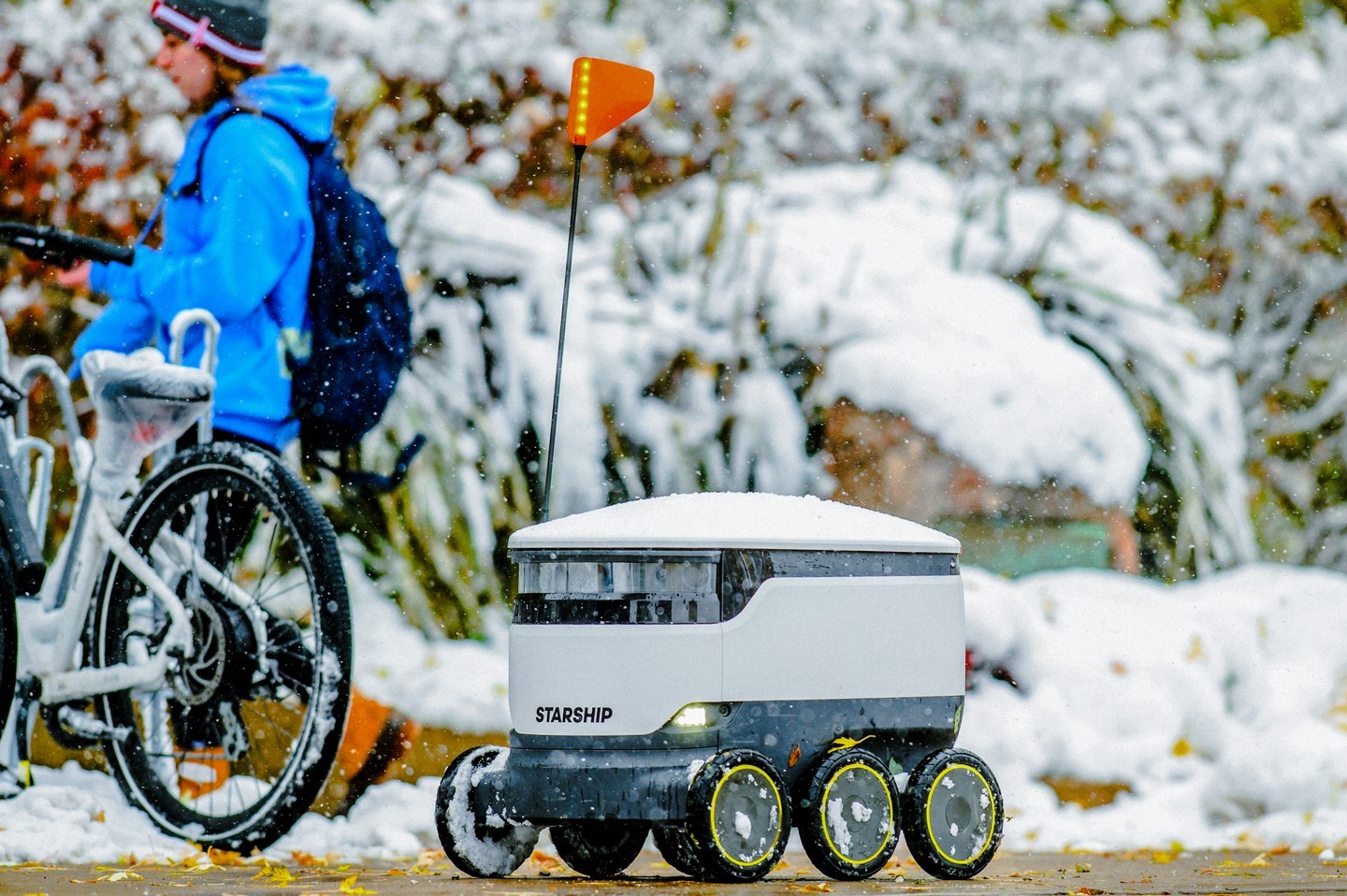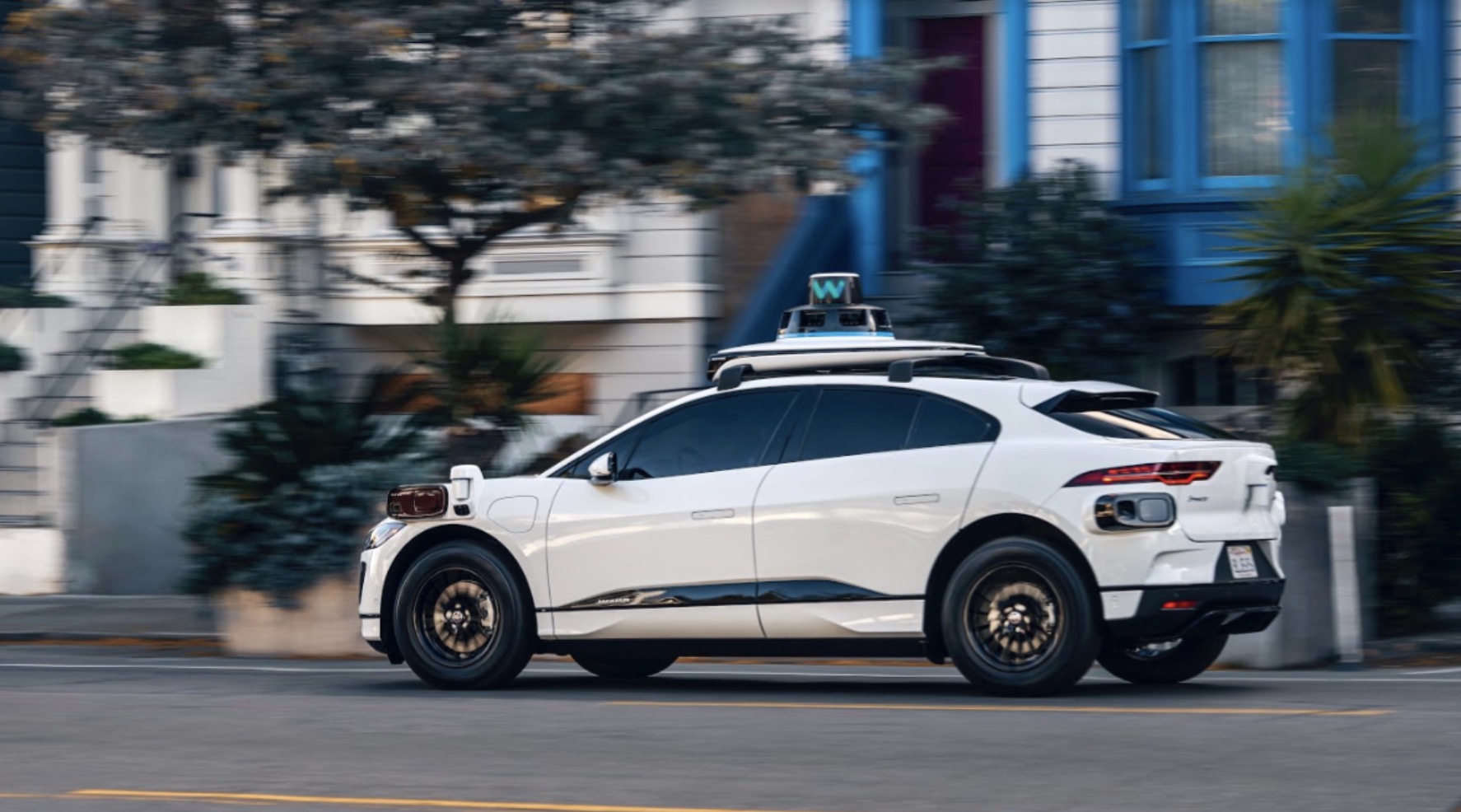Auto parts supplier Aptiv has announced its decision to reduce its stake in the self-driving technology joint venture, Motional, and cease further funding after facing substantial losses associated with the investment. Motional, formed in collaboration with Hyundai Motor, utilizes the IONIQ5 electric car for its robotaxi service, currently operational in Las Vegas through ride-hailing platforms Uber and Lyft.
Aptiv CEO Kevin Clark revealed during an earnings call that, despite Motional’s progress on its technology roadmap, the company has opted to discontinue capital allocation to the joint venture. Aptiv’s 2024 profit forecast includes a non-cash equity loss of approximately $340 million, impacting earnings per share by $1.20, linked to Motional’s financial setbacks.
This move aligns Aptiv with other automotive giants such as Ford Motor, Volkswagen, and General Motors, which have also scaled back or withdrawn from self-driving technology initiatives due to the formidable challenges and expenses associated with achieving level 4 autonomy.
GM recently announced a $1 billion cut in spending on its robotaxi unit, Cruise, in 2024, emphasizing the industry’s recognition of the complexities involved in autonomous driving. Ford and Volkswagen similarly disengaged from their self-driving startup Argo AI in 2022, citing a considerable gap between current technology and the envisioned future.
Aptiv’s decision comes amidst a backdrop of positive financial performance, surpassing Wall Street expectations for fourth-quarter profit. Fueled by increased demand for auto parts and tech-related products from global automakers, Aptiv reported adjusted earnings of $1.40 per share for the quarter ending December 31, exceeding the projected $1.33 according to LSEG data.
Despite the positive financial results, Aptiv’s shares experienced a decline of approximately 4%, attributed to broader market weakness.

